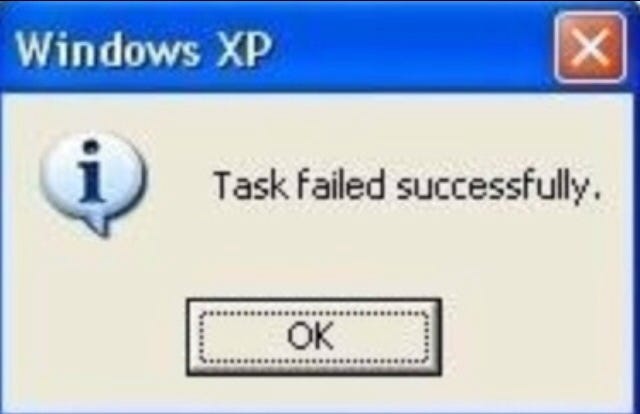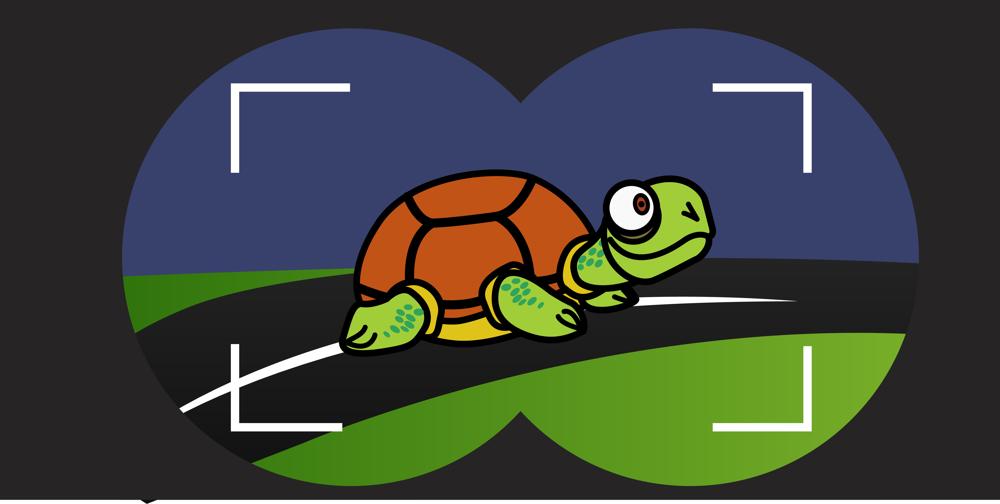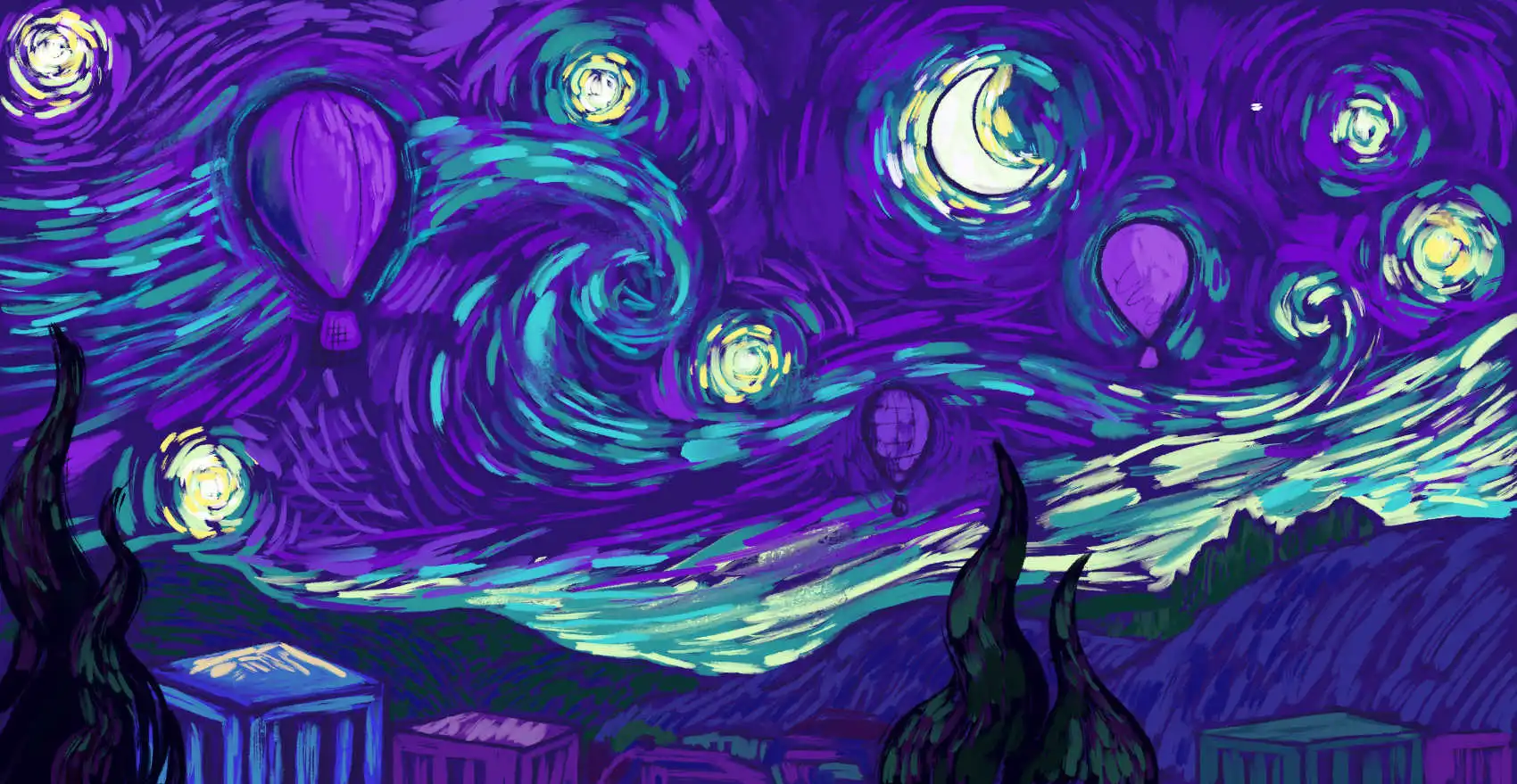
Scrolling to Nowhere - by Michael Inzlicht
I don’t mean I’m bored this instant, but in general my life is duller than I’d like it to be. Perhaps it’s the stage of life I’m in—middle-aged, preoccupied teens at home, career on cruise-control. Or perhaps it’s my temperament: my mind races to complete tasks and hates being idle. Or maybe, just maybe, it’s the way I entertain myself.
I, like everyone else, watch lots of TV, movies, and short videos on my various screens. I consume far more video content today than twenty, thirty, forty years ago. And I was a child of the 80s, when the boob tube was my babysitter and friend. Just this summer alone, I binge-watched TV shows like Vikings, House of Dragons, Shogun, Welcome to Wrexham, Shoresy, and Cobra Kai, to name a few. And if you’re judging my taste, you can shove it—at least I’m not pretending to be sophisticated.
Given all the quality content out there, you’d think I would be less bored than ever. But you’d be wrong: boredom is on the rise. And boredom isn’t merely unpleasant; it has real consequences. Chronic boredom is linked to anxiety, depression, and even lower life satisfaction. In schools, it can lead to lower motivation, poorer grades, and reduced interest in learning. And it doesn’t stop there—boredom can push people towards risky behaviours and even sadistic aggression. So, understanding why boredom is increasing matters.


















/cdn.vox-cdn.com/uploads/chorus_asset/file/25330613/STK419_DEEPFAKE_CVIRGINIA_E.jpg)






